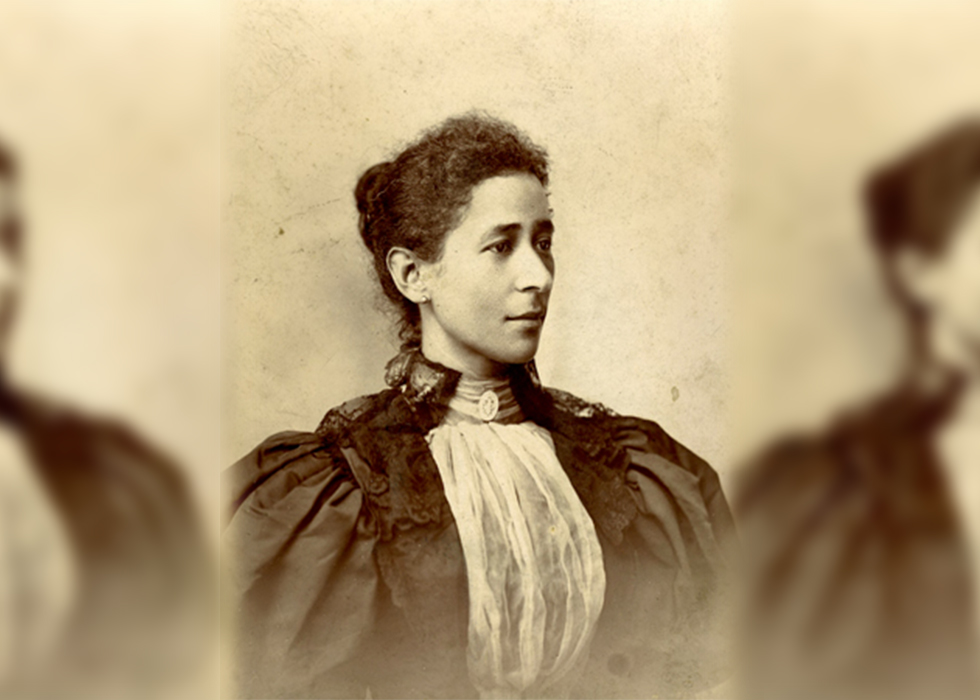
The Origins of Earth Day
We will celebrate Earth Day on Monday, April 22. Earth Day was founded in 1970 to raise awareness for environmental issues and celebrate Mother Earth. But over the years, Earth Day has evolved to become a global celebration that revolves around events on green living. When I was in high school, our student body chose to go without electricity on Earth Day and often held demonstrations on campus to raise awareness for environmental issues. Today, students are leading the fight to save the environment.
The origins of Earth Day date to the 1960s with the efforts of Senator Gaylord Nelson. He hoped that raising awareness of the dangers of pollution would bring national and international attention to climate issues. A Democrat from Wisconsin, Senator Nelson was elected in 1962 and went to Washington with an agenda to raise awareness that the planet was at risk. The idea of Earth Day was built on the foundation of the “teach-ins” on college campuses during the Vietnam War. Senator Nelson envisioned a large-scale grassroots movement led by the young to force the government to add environmental issues to the national agenda.
Nelson presented the idea of “Earth Day” in Seattle at a conference in 1969. He called on the entire nation to get involved in the efforts. The response from the people was astounding. People rallied behind the idea and on April 22, 1970, the first Earth Day took place. Rallies were held in major cities across the United States, including Philadelphia, Chicago, and Los Angeles. In New York City, celebrities came out to rally behind the cause, include actors Paul Newman and Ali MacGraw. In Washington D.C., thousands of people gathered to listen to speeches and performances by singer Pete Seeger and others. Congress went into recess so that members could attend the Earth Day events and speak to their constituents.
The first Earth Day was paramount in raising awareness of environmental issues and educating the public, as well as transforming their attitudes around climate change. Earth Day was a major influencer in the number of environmental bills that were passed in the 1970s. The legislation included the Clean Air Act of 1970, the Water Quality Improvement Act, the Endangered Species Act, the Surface Mining Control Act, and the Toxic Substances Control Act. Another key change in 1970 was the creation of the Environmental Protection Agency. This organization protects human health and safeguards the natural environment – air, water, and land.
Communities have stepped up in different ways to conserve the environment. In Atlanta, residents and visitors can visit a variety of local parks, including Oakland Cemetery! Community gardens have also become very popular, encouraging residents to grow their own food and do so organically. Some of these include the West End Community Urban Garden and Nursery, Gilliam’s Community Garden, the Blue Heron Community Garden, and Wylde Center.
Over the years, the events on and around Earth Day have grown. In some places, it has transformed into Earth Week. In Atlanta, there are plenty of events to attend to celebrate Earth Day. Georgia Tech hosts an Earth Day Festival. This festival includes over 70 exhibitors, a clothing exchange, live music and a variety of organic foods. The Atlanta Botanical Garden is a great place to celebrate nature. At the Children’s Museum of Atlanta, there will be a whole week of programming where kids can learn about conservation and the ecosystem.



